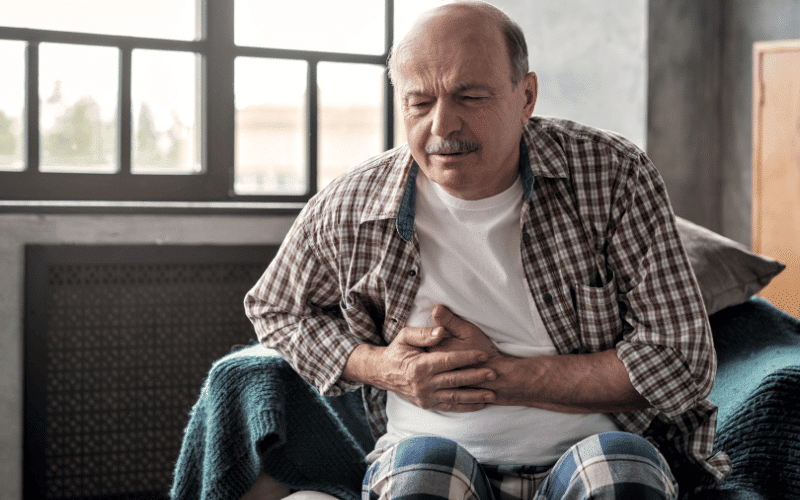Introduction: The Importance of Identifying Severe Ulcerative Colitis Symptoms
Ulcerative colitis (UC) is an inflammatory bowel disease (IBD) that affects the colon and rectum, causing chronic inflammation and ulcers in the lining of these organs. The symptoms of UC can range from mild to severe, with some individuals experiencing only occasional discomfort while others endure debilitating pain and discomfort. Recognizing acute ulcerative colitis symptoms and understanding the severity of the condition is essential in seeking prompt medical attention and managing the disease effectively.
In this article, we will delve deep into the 13 acute ulcerative colitis symptoms indicative of severe UC. By staying informed and proactive in your health journey, you can better manage this condition and work with your healthcare provider to find the best course of treatment. In the following sections, we will provide detailed information about each symptom and offer insights into how they may manifest in those suffering from severe UC.
1. Intense Abdominal Pain and Cramping: A Telltale Sign of Acute Ulcerative Colitis

Severe abdominal pain and cramping are common symptoms of acute ulcerative colitis. This discomfort is often localized to the lower abdomen and can be accompanied by bloating, gas, and a feeling of fullness. The intensity of the pain can vary, but in severe UC cases, it may become unbearable and significantly impact daily life.
The exact cause of abdominal pain in ulcerative colitis is not fully understood, but it is believed to be a result of inflammation and ulcers in the colon and rectum. The pain may also be exacerbated by bowel movements, as passing stool can irritate the inflamed lining of the colon.
To manage abdominal pain, patients with severe UC may need to work closely with their healthcare provider to find the most effective treatment plan. This may include medications to control inflammation, dietary changes, and stress management techniques. In some cases, surgery may be necessary to remove the affected portion of the colon and alleviate pain. (1)